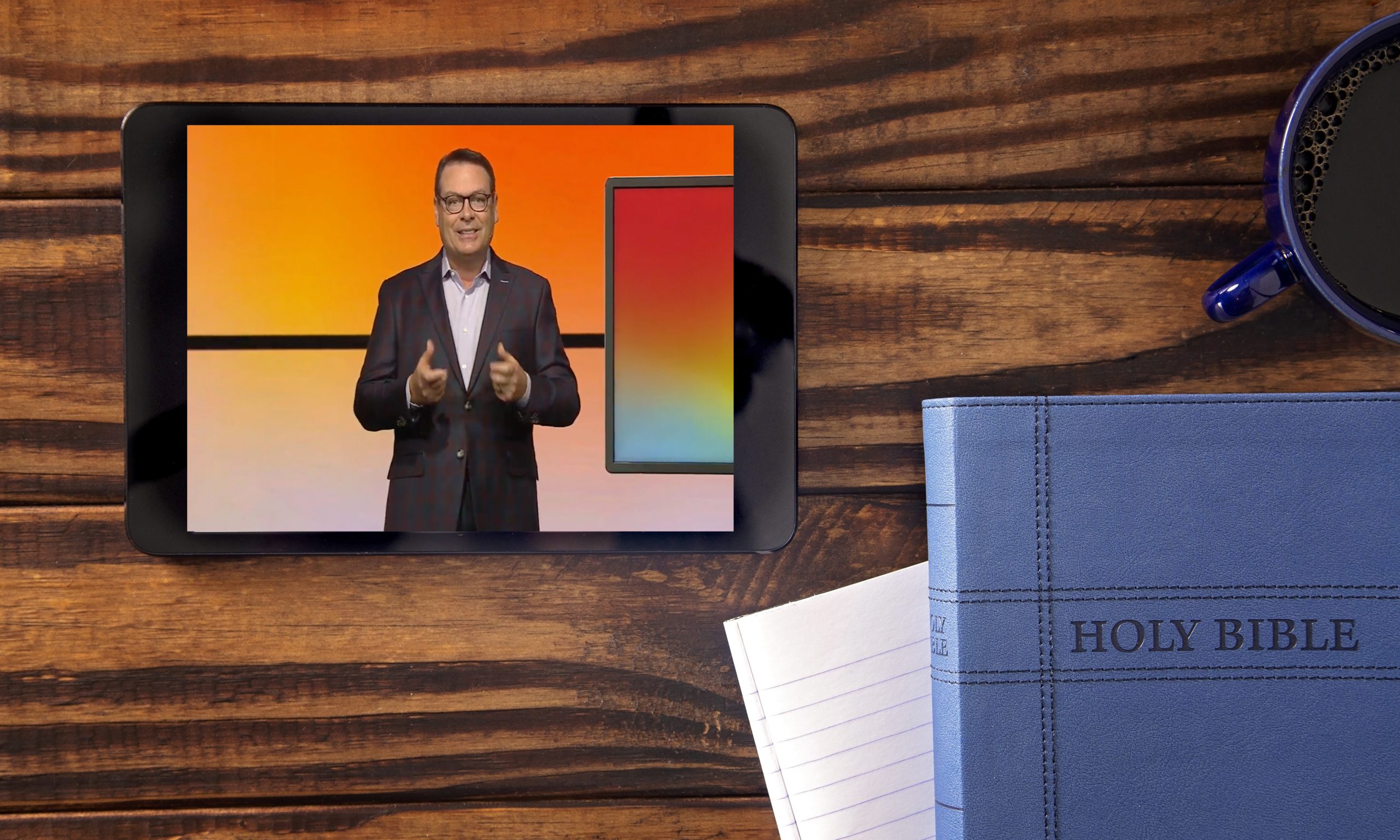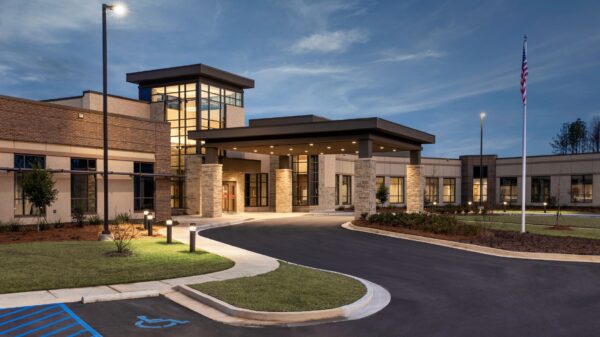Sunday church service is as engrained in Southern culture as sweet tea and college football. This Easter, churches across the country will be missing their congregations due to the COVID-19 pandemic.
Last month, Gov. Kay Ivey and the Alabama Department of Public Health issued a statewide order prohibiting non-work related gatherings of 25 people or more, and any size gathering that cannot maintain a consistent six-foot distance between people.
As of April 12, there are over 530,000 reported cases of COVID-19, and 20,000 people who have tested positive for the virus have died in the United States, according to data from Johns Hopkins University.
Statewide at least 3,262 people have tested positive as of Sunday morning. At least 93 people who tested positive for the virus have died.
Ivey addressed Alabamians in a statement on Saturday, saying that even though this Easter “isn’t what we are used to… This too shall pass.”
“As you join others in faith this Sunday through your electronic device, let us give thanks to the Lord for his blessings on our lives and remember each other in prayer,” Ivey said in the statement. “Remember, we’ll get through this, together, even when we are standing six feet apart. May God bless you and the great state of Alabama.”
In a lighter moment yesterday, Ivey’s press secretary Gina Maiola said in a tweet that Ivey has deemed the Easter Bunny’s duties as “essential activities.”
“After thoughtful consideration, @GovernorKayIvey deemed the Easter Bunny’s duties as essential activities. Delivery of jelly beans, chocolates & goodies is necessary. All social distancing guidelines still apply. She hopes all Alabamians have a safe, healthy & happy Easter.”
Shawn McDaniel has been the pastor at Highland Baptist Church in Gordo for the last 15 years. Like many church leaders, McDaniel has had to find new ways to reach the faithful during the coronavirus outbreak.
McDaniel originally planned a drive-in service for Easter Sunday but had to cancel it due to the threat of severe weather. However, no storm nor virus will prevent him from reaching his congregation, as he opts for a livestream service on Facebook instead.
McDaniel said that he never imagined that the virus would progress to the point of shutting down in-person services across the country but that he has thought of the ways in which online services can be used to reach more people, particularly younger generations.
“Through this virus forcing pastors to use technology to reach their people and understand that the message of the gospel can still be carried to people, they’ll also reach people that they would never have reached just by preaching in their church on Sunday morning,” McDaniel said.
As the outbreak continues, more churches are moving toward live streaming services. The Alabama Baptist is providing tips for churches and organizations to move their services online. The Humanitarian Disaster Institute also produced a coronavirus preparation guide for churches.
McDaniel’s message to those who are struggling to maintain their hope and faith during the COVID-19 pandemic is to remember Christ’s message in John 16:33.
“One of the things that we have to take hold of is that Jesus told us that in these times, we will have trouble but not to lose hope because he has overcome the world,” McDaniel said. “So through this difficult time, this too shall pass and when we come out of it, I think we’re gonna be stronger as a people and stronger as a body of believers for the kingdom of God.”
Numerous Easter Day services will be streamed online via platforms like Facebook and Youtube.






















































